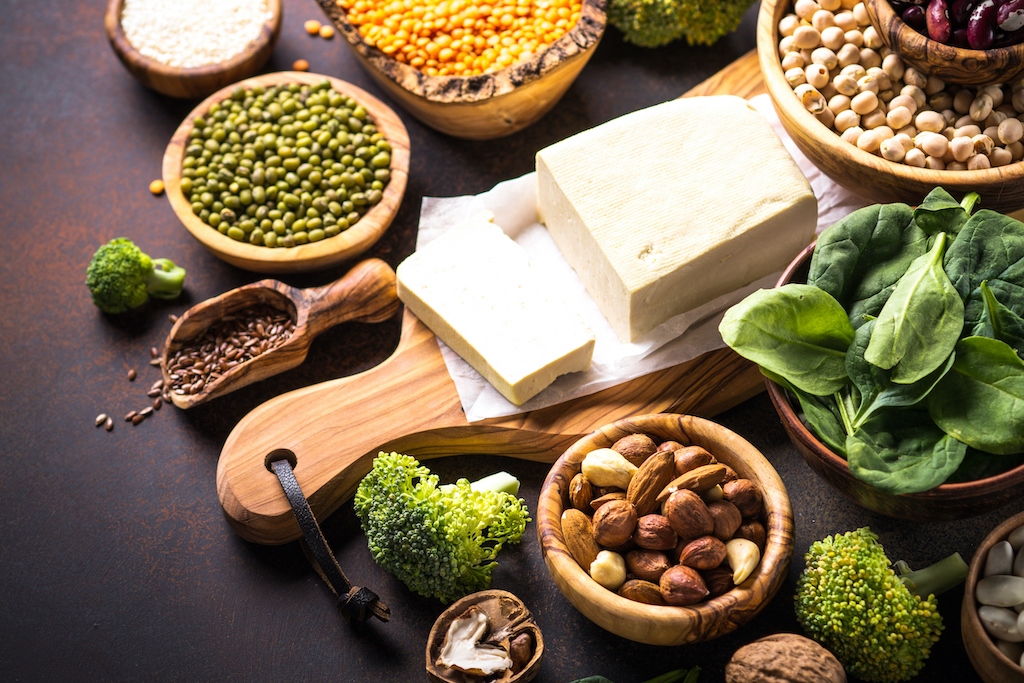Hemp will join pulses and canola as a source of Australian-made plant-based proteins thanks to a contract between Australian Plant Proteins and The Sustainable Nutrition Group.
TSN, previously Australian Primary Hemp, said in a declaration that it would collaborate with APP to produce hemp concentrates and isolates at the APP plant.
TSN will keep the copyrights on the method and market it solely and autonomously. The hemp isolate is projected to contain 88-92% protein, which is equivalent to the composition of pulse isolates.
The partnership, which was reported recently, corresponds with the publishing of GrainCorp’s 2021 Sustainability Report, which indicates GrainCorp is actively exploring various plant-based protein alternatives.
An extraction factory that converts plant-based inputs such as faba beans, soybeans, and canola into protein concentrates is one of the options being considered.
APP’s plant in Horsham, Victoria, is the country’s largest so far, and global agrifood giant Bunge Corporation bought a minority share in the company earlier this year.
Unigrain, a long-time oat processor in Australia, plans to build a factory in Smeaton, Victoria, next year that will consume roughly 40,000t of field peas and faba beans every year for starters.
While most of the plants seem to be excellent news for Australian pulse producers, who traditionally had few alternatives for value-adding in the human-consumption market, they also highlight CSIRO-led plant-based protein research.
CSIRO, Australia’s national scientific research organization, was involved in the development of the process that assisted APP in establishing its process, which is now producing protein isolates from Australian faba beans.
The CSIRO has also collaborated with v2food, whose Wodonga-based goods rely heavily on imported soy isolates due to a domestic soy shortage.
GrainCorp, with factories in Numurkah, Victoria, and Pinjarra, Western Australia, is eastern Australia’s major bulk handler and Australia’s main oilseed crusher, however it is not currently involved in the further refining of pulses.
GrainCorp stated that alternative protein production might give important by-products from extrusion to its animal feeds business.
“One of GrainCorp’s major growth themes is the fast-developing alternative protein sector,” the business stated in its 2021 Sustainability Report.
“Plant-based proteins have a lower carbon footprint than animal proteins, and projections predict that by 2035, one-tenth of human dietary protein will come from alternative sources such as plants, insects, fungus, or laboratory-based tissue culture.”
“GrainCorp is looking into a variety of prospects in this sector.”
GrainCorp has already teamed with CSIRO and others on FutureFeed to market a seaweed Asparagopsis-based animal feed additive.
